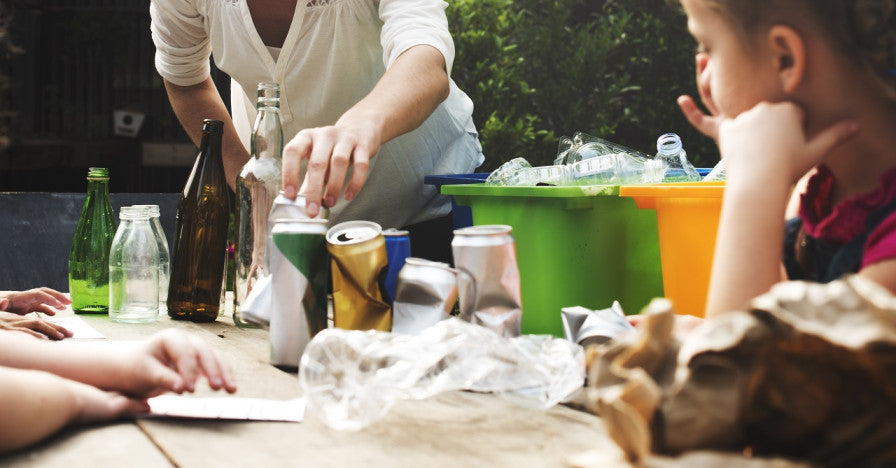OR
Express Checkout
We guarantee to have the lowest price! Find the same bin for a cheaper price and we will beat it!

The Reducing Waste Series: Schools
Schools in England throw enough waste away every day to fill 185 double-decker buses! Most of this waste could be avoided by reducing waste, reusing items, and recycling wherever possible. If schools cut down on waste, it’s good news for budgets and the environment. Here’s our guide on how schools can be greener.
Reduce the waste you produce in the first place
> Buy only what you need and reduce your use of single-use products
> Try to identify any areas where a lot of waste is being produced and then come up with an action plan to tackle it
> Think before you throw anything away-could it be reused or repaired?
> Reuse old envelopes if mail is only being sent internally, use old paper for making notes, and reuse files and folders
> Print things double-sided, if they need to be printed at all
> Reuse or compost cardboard boxes
> Recycling will help your school cut down on waste management costs. Set up a recycling scheme in school for paper, cardboard, cans, glass, plastic bottles, cartons, and ink cartridges. Make recycling convenient by putting recycling bins in areas where people will see them like in the staff room, in classrooms, and next to photocopiers. Put up posters to encourage people to use the recycling bins properly

Reduce food waste
Food waste makes up one third of the waste that’s produced in schools. Reduce your food waste by:
> Disposing of fruit and vegetable waste in a compost bin. This can be used for educational purposes too
> Avoiding the use of plastic cups, cutlery, and plates in staffroom and canteens
> Reducing or banning crisps, sweets, and fizzy drinks. They’re unhealthy and they generate a lot of waste
Buy greener items
> Buy stationary products made from 100% recycled materials wherever possible
> Ask suppliers if they can deliver goods in recyclable or returnable packaging
Get everyone involved
> Your quest to be a greener school is more likely to be a success if everyone’s on board, from teachers to parents, pupils, and the cleaners.
> Celebrate any successes in school assemblies, staff meetings, and on the website to keep everyone motivated to keep up the good work
> Make sure the cleaners understand your recycling scheme. They’ll deal with a lot of waste first-hand, so they’ll be perfectly placed to make sure things are running smoothly at the source.
Tell everyone about your achievements
Inform local newspapers about what you’ve achieved, and set an example for other schools. Let parents know what you’re doing and get them involved, and don’t be afraid to approach community groups and find ways to work with them too.